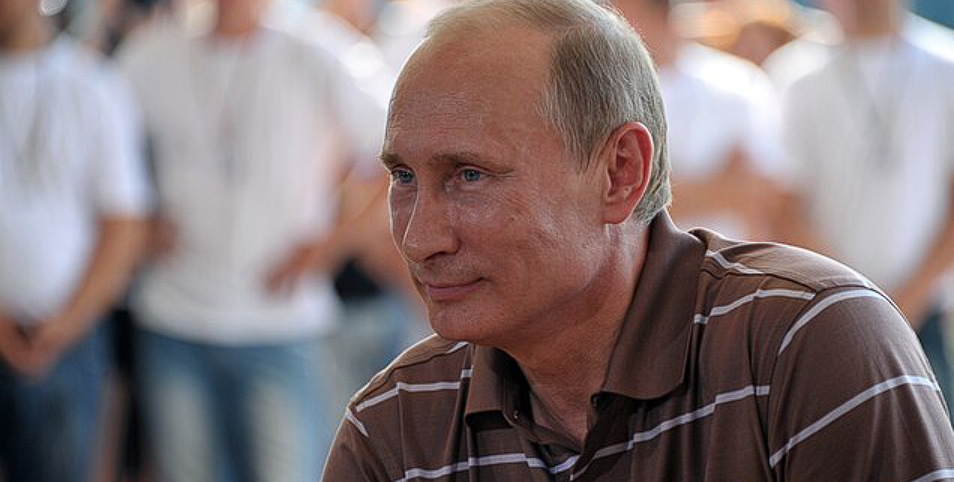Others are reading now
Russian consulates in countries labeled as “unfriendly” by the Kremlin are reportedly considering not setting up polling stations for the upcoming presidential election.
This development, as reported by the Russian business newspaper Vedomosti and citing diplomatic sources, suggests that Russians living in these countries might find themselves without a clear means to participate in the election.
The list of “unfriendly” countries, which includes all E.U. member states, the U.S., Great Britain, Norway, Japan, Switzerland, Canada, and South Korea, among others, represents a significant portion of the global stage where Russian diplomatic presence is crucial.
Also read
According to the report, the Russian authorities are yet to make a definitive decision but are contemplating the exclusion of a “significant number” of these countries from the election process at consulates.
Sources close to the Russian Foreign Ministry indicate that the final decision on this matter will likely be made by the end of January. The contemplated measure is attributed to concerns over security and a reduction in consulate staff in these countries.
Maria Zakharova, a spokeswoman for the Russian Foreign Ministry, confirmed that the ministry is currently “assessing the situation.” She mentioned that the Russian authorities are requesting the countries in question to “ensure security” for the consulates, suggesting that the decision on the organization of voting for Russian expatriates would be contingent on these security assurances.
This potential move to restrict voting in certain countries could have significant implications for the participation of the Russian diaspora in the presidential election. It raises questions about the accessibility of democratic processes for Russian citizens living abroad, particularly in regions where political and diplomatic relations with Russia are strained.
The situation reflects the broader geopolitical tensions between Russia and several countries on its “unfriendly” list, further complicating the already complex diplomatic landscape.
As the election draws nearer, the decision of whether or not to facilitate voting for Russian citizens in these countries will be a critical issue, with potential repercussions for both domestic politics in Russia and its relations with the international community.


